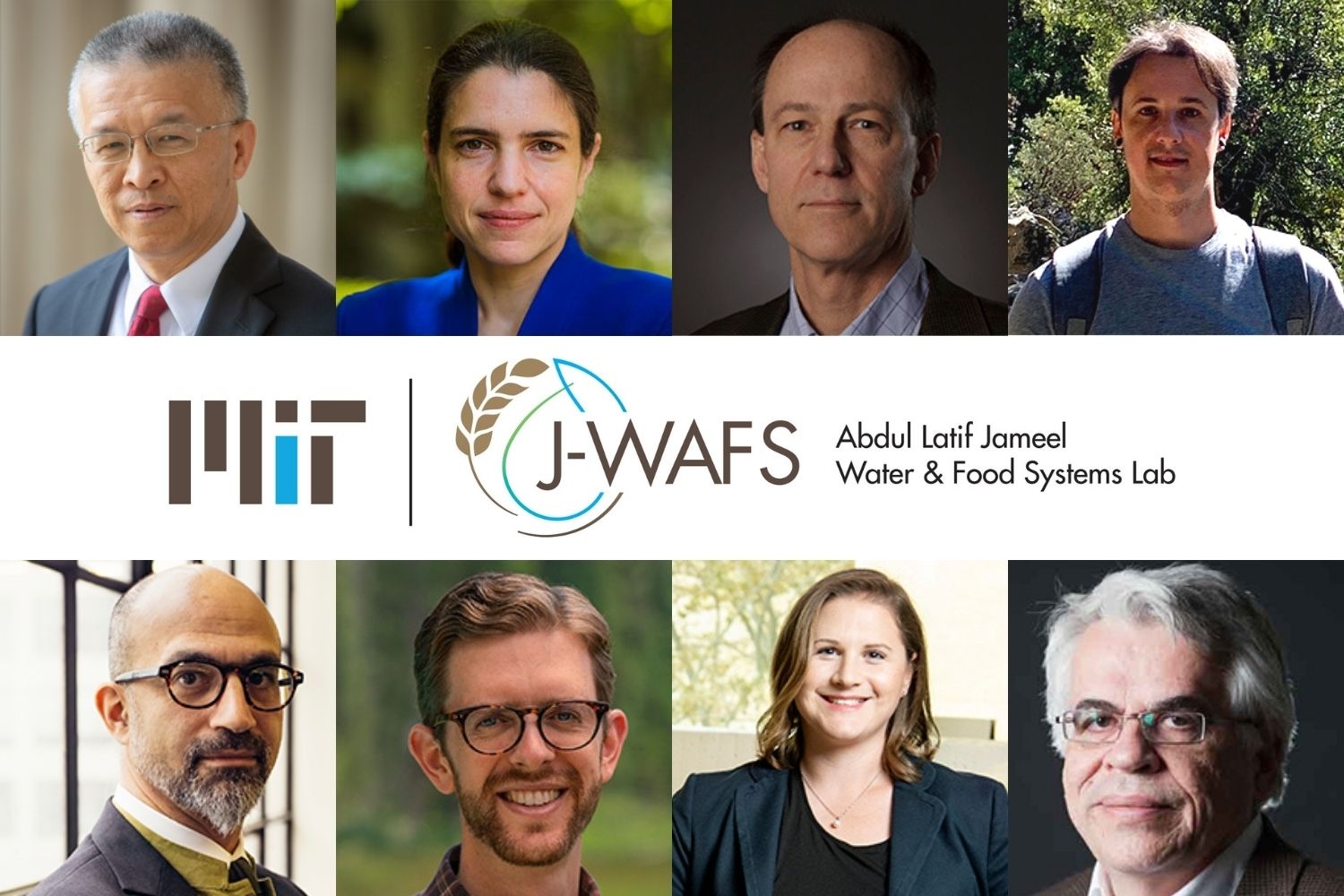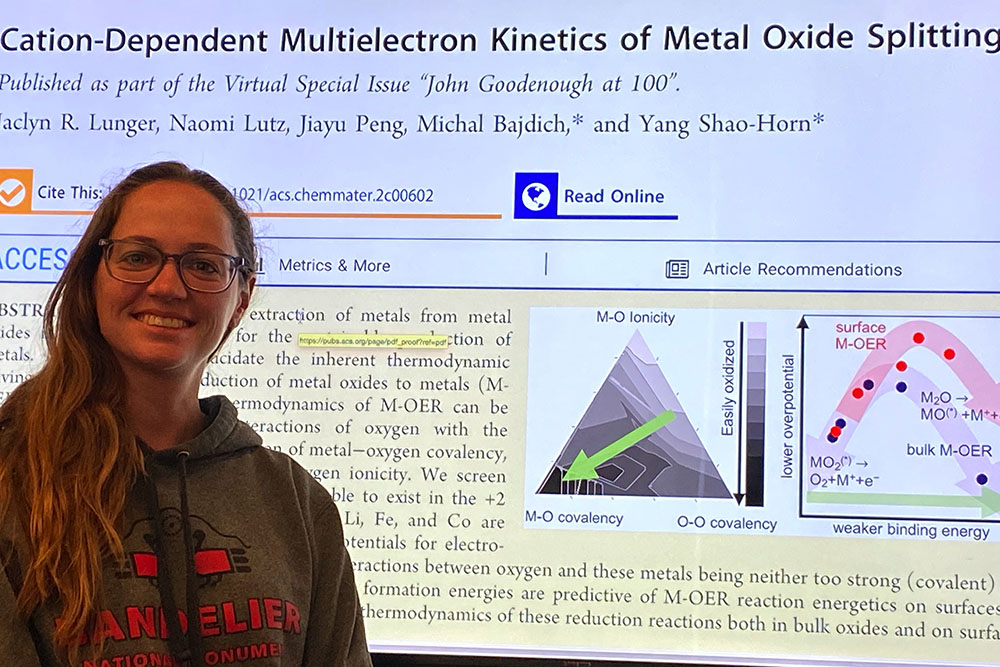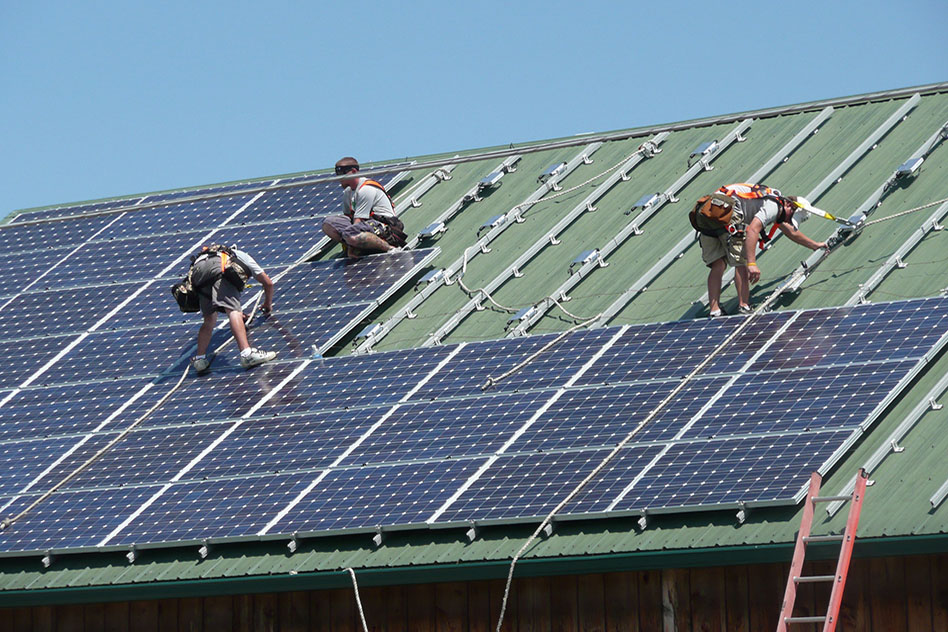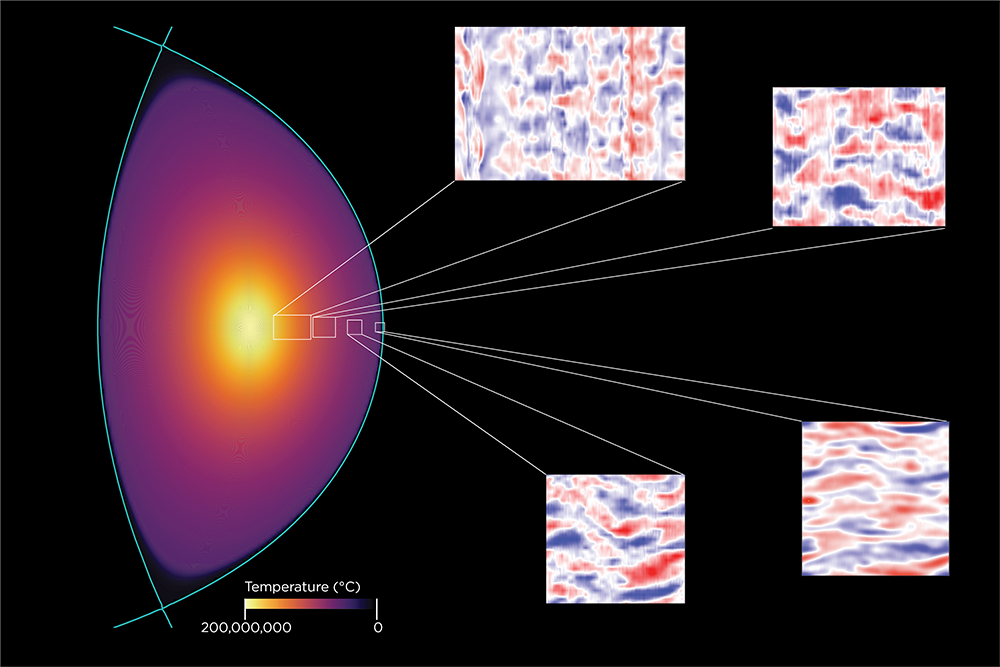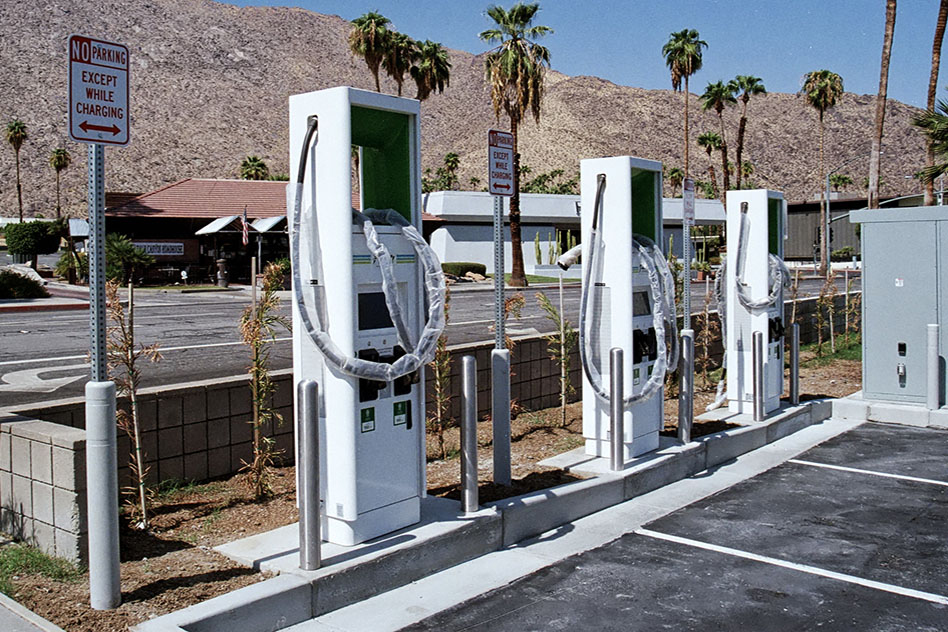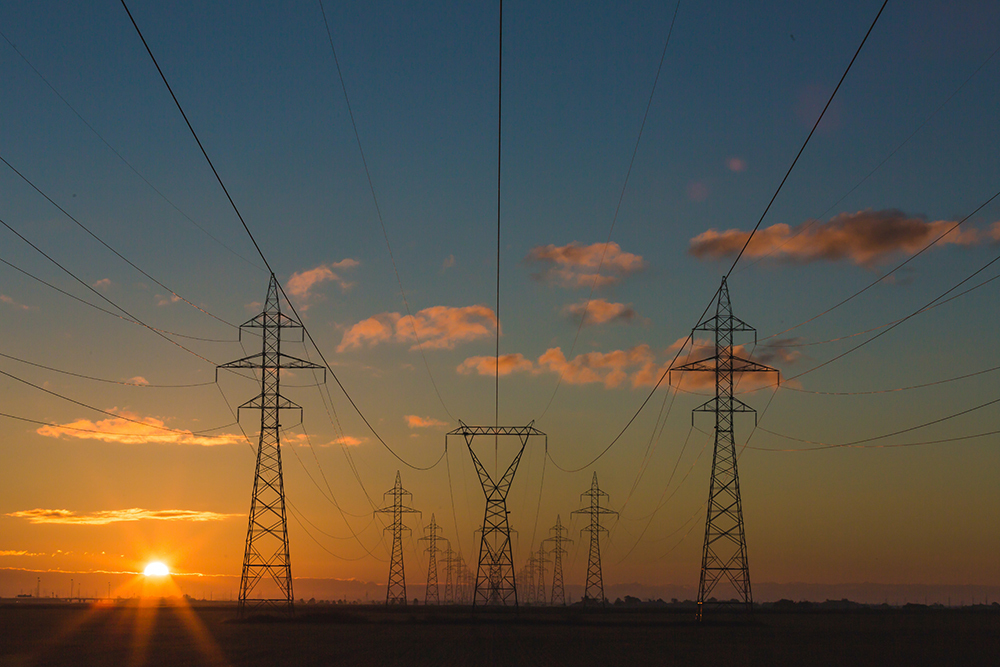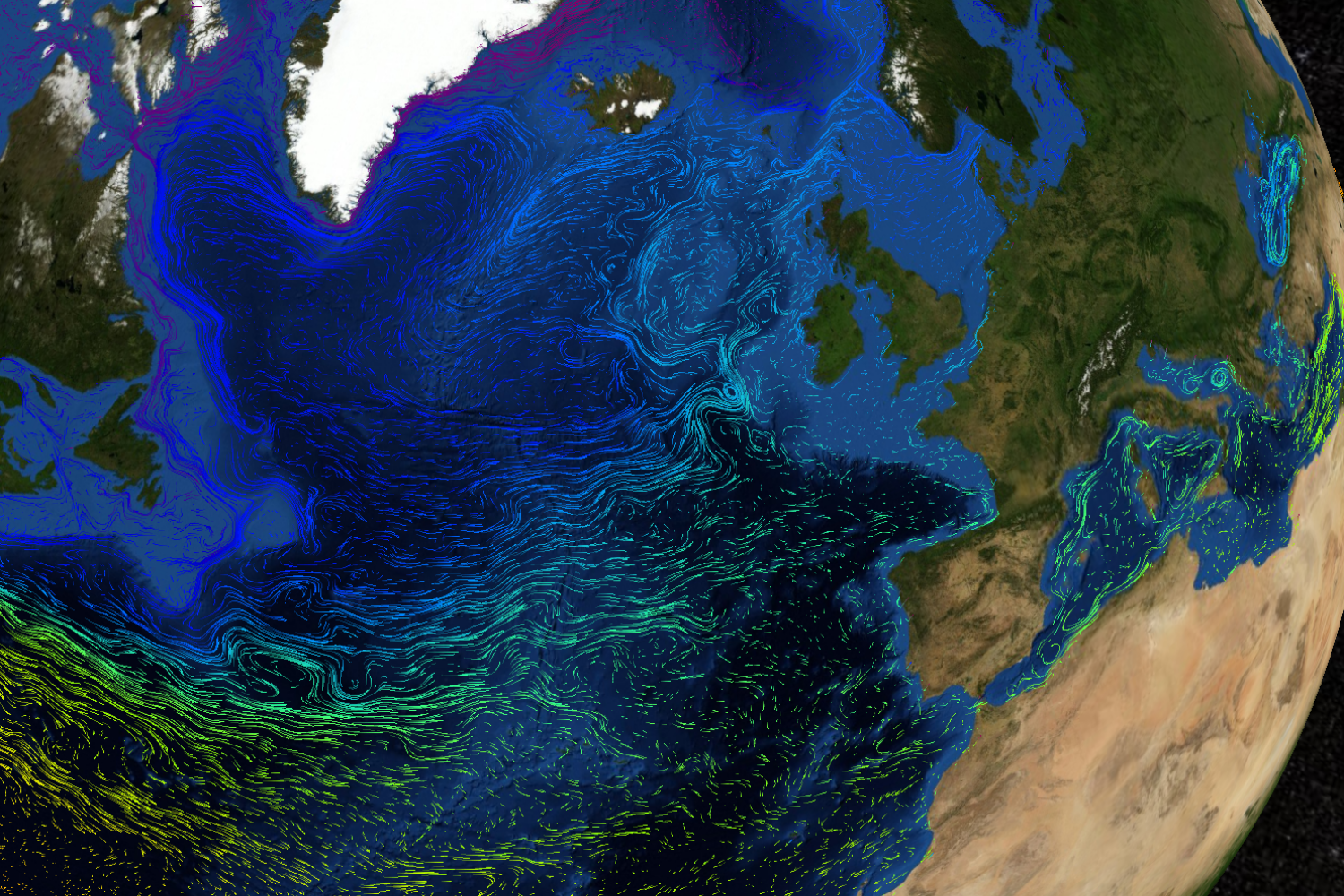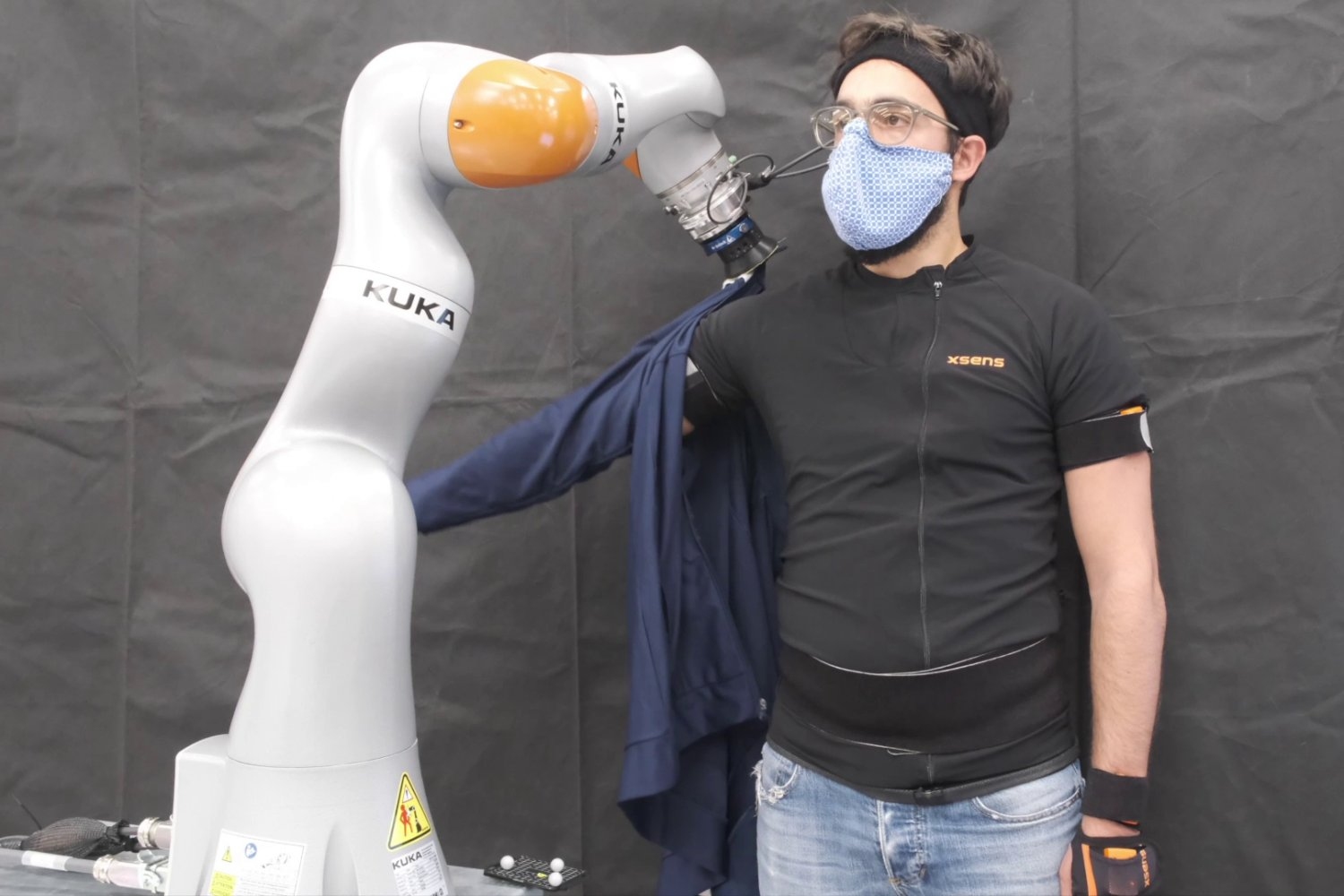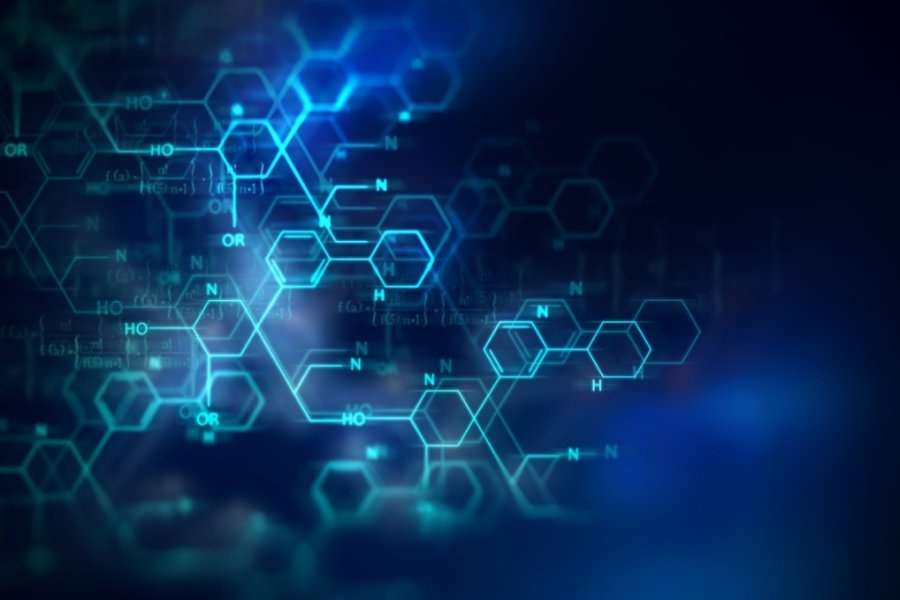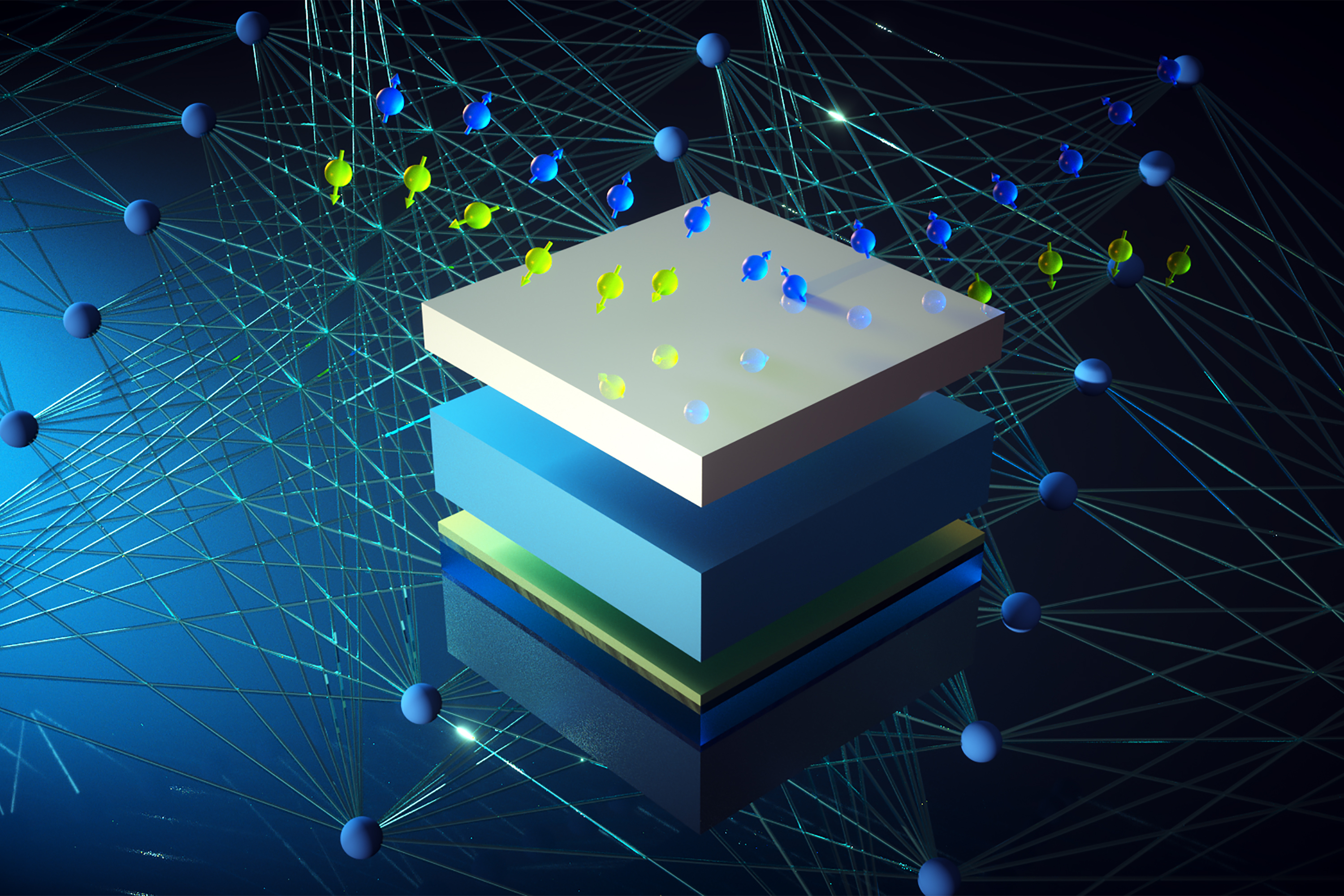Machine learning, harnessed to extreme computing, aids fusion energy development
Linking techniques from machine learning with advanced numerical simulations, MIT researchers take an important step in state-of-the-art predictions for fusion plasmas.
Martin Greenwald | Plasma Science and Fusion Center •
mit
April 27, 2022 • ~7 min
April 27, 2022 • ~7 min
Seeing an elusive magnetic effect through the lens of machine learning
An MIT team incorporates AI to facilitate the detection of an intriguing materials phenomenon that can lead to electronics without energy dissipation.
Steve Nadis | Department of Nuclear Science and Engineering •
mit
March 24, 2022 • ~8 min
March 24, 2022 • ~8 min
/
18

